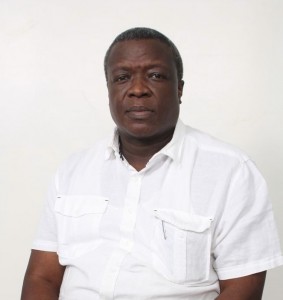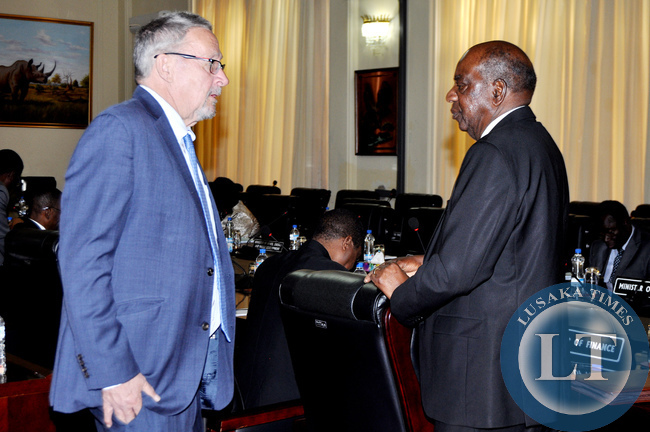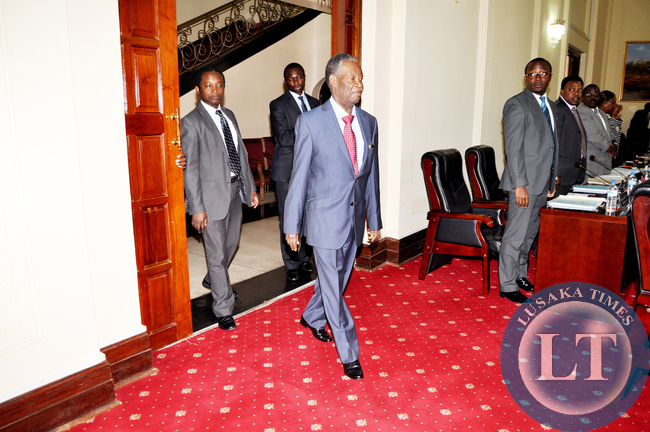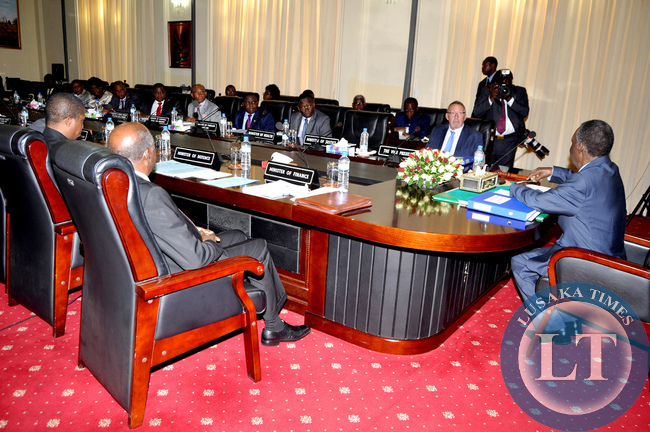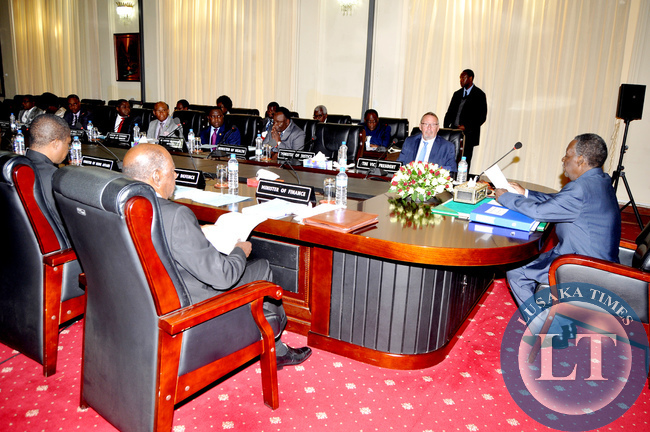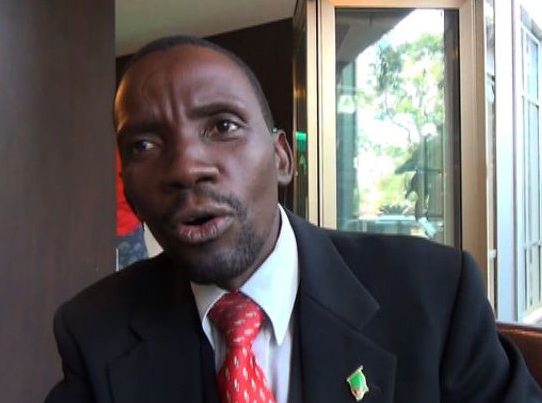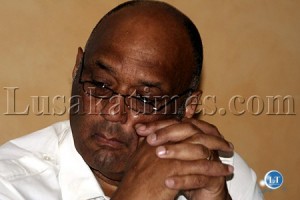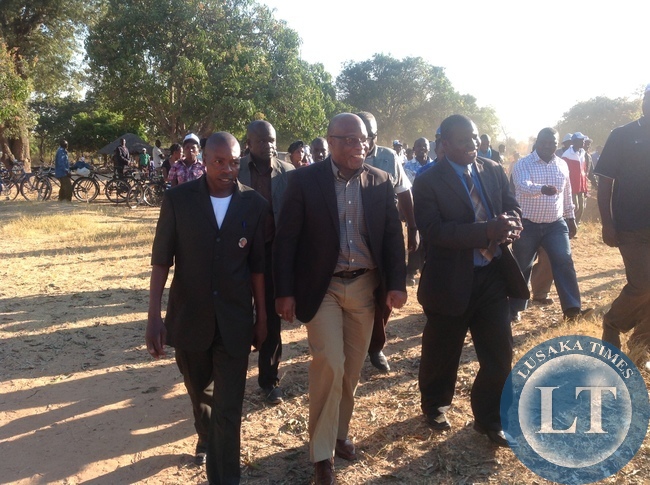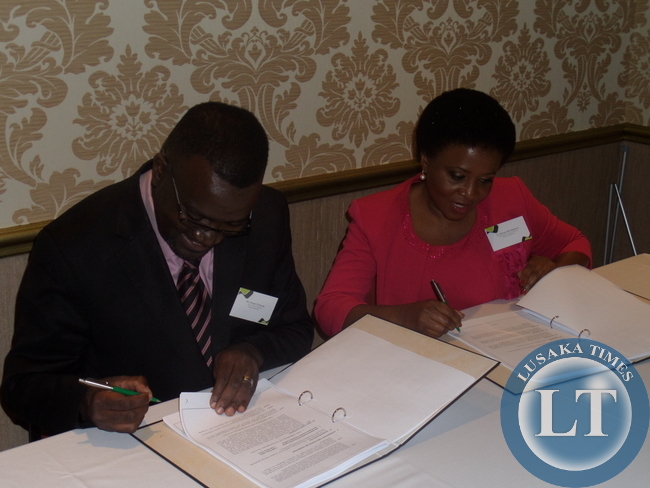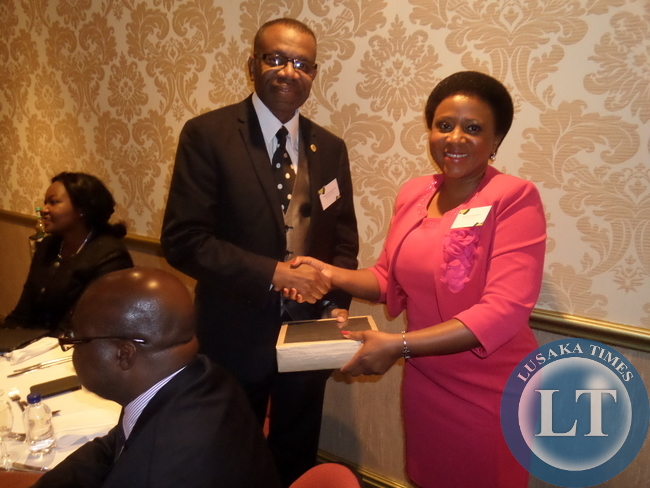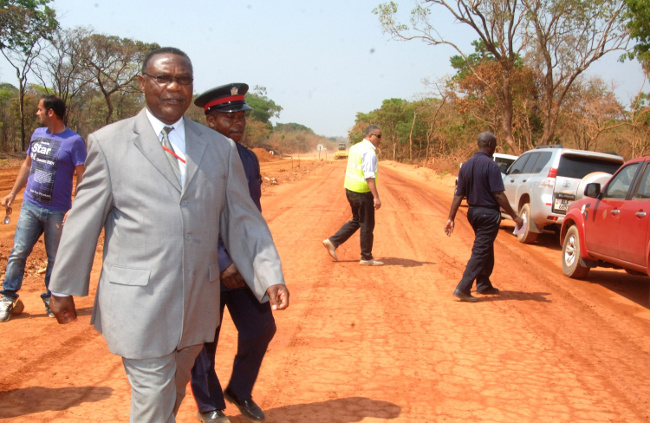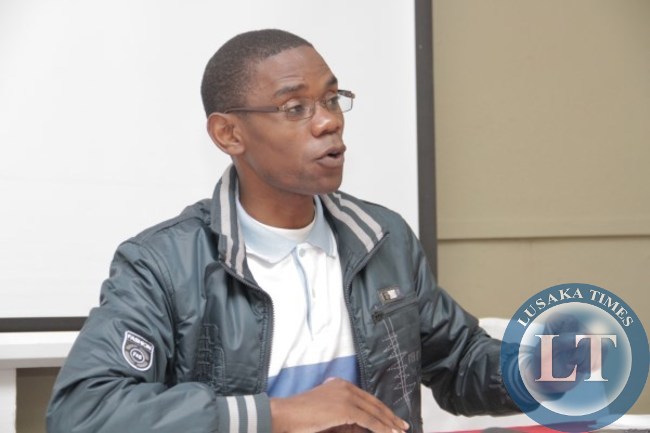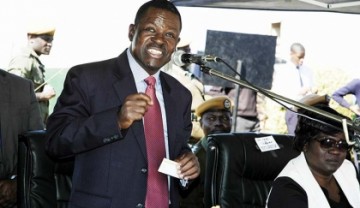
MINISTER of Justice, Wynter Kabimba, has observed that it is becoming increasingly credible that various forms of instability in Africa were being caused by forces outside the continent.
Mr. Kabimba noted that the school of thought which held that the causes of constitutional instability, for instance, were located outside Africa and driven by forces whose interests were not Africa’s interests, was firmly gaining ground today. He hoped the continent could acknowledge the importance of African unity and solidarity in addressing the problem.
Mr. Kabimba was speaking in his capacity as president of the Council of African Political Parties (CAPP) at the opening of a two-day experts’ workshop on constitutionalism and the rule of law in Pretoria on Monday.
CAPP is a forum of political parties on the African continent who have come together in unity to pursue the objectives of achieving the goals of a prosperous and peaceful continent.
The workshop, which has drawn participants from over 20 African countries, is meant to brainstorm around expanding the African Union (AU) doctrine on unconstitutional changes of government and to engage stakeholders in promoting and implementing the African Charter on democracy, elections and governance.
Mr. Kabimba said the workshop represented one of the many platforms for actualising some of the essential aspects of mutual aspirations and the basis of the cooperation, which is constitutionalism and the rule of law, following the signing of a memorandum of understanding with the AU in 2013. The MOU aims to strengthen institutional ties and cooperation in delivering programmes and activities aimed at promoting democracy, good governance, human and people’s rights, constitutionalism, the rule of law, and free and fair elections in Africa.
He hoped that while drawing attention to resolving the questions of unconstitutional change of government, popular uprising and all other aspects connected to the issues of constitutionalism and the rule of law, the main causes giving rise to unstable governments and the lack of respect for the rule of law would be candidly dealt with.
The Minister said it was gratifying to note that the workshop would provide opportunities for CAPP and other stakeholders to further explore areas of collaboration, synergies and complementation. It will also provide as an opportunity for the parties to interrogate ways of enhancing the capacity of organisations such as CAPP and the African Conference on Constitutional Court to enhance their effectiveness.
And South Africa’s Chief Justice, Mr. Mogoeng Mogoeng, called for immediate measures to address all factors that have been identified in order to improve on the rule of law in Africa.
Mr. Mogoeng, who is also vice-president of the African Conference of Constitutional Courts, said the Judiciary has to be insulated from interference from external forces if constitutionalism was to be guaranteed.
He said the continent should also be alive to the fact that the Judiciary had some corrupt elements that were compromising the drive to instil constitutionalism and the rule of law in systems of most African countries. He said the Judiciary should not only be independent but also be accountable to the people.
Mr. Mogoeng said the Judiciary in Africa has been sidelined from playing its part in ensuring the rule of law. He called for the urgent introduction of regional courts on the continent.
And International Institute for Democracy and Electoral Assistance (IDEA) regional director, Ambassador Moorad Mustaq, urged the participants to brainstorm on whether the AU set aside its own rules when it readmitted Egypt after being suspended following instability in the country’s leadership in the last few months.
The workshop, which runs until 16th July, 2014, is organised by the AU’s Department of Political Affairs through International IDEA.


